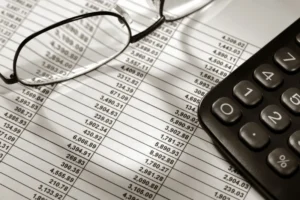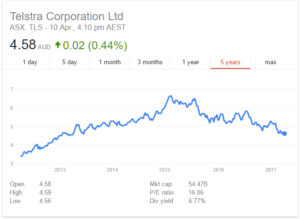Your First Accountant’s Visit After Buying a Rental Property: What You Need to Know
Congratulations on your rental property purchase! When visiting your tax accountant for the first time, make sure to bring your conveyancer letter detailing the purchase, loan statements reflecting borrowing costs and bank interest, and information about your rental income and expenses. These documents will help your accountant accurately advise you on tax implications and other financial matters related to your rental property.
Statement from your Conveyancer
When you purchase a rental property, you will receive a settlement statement from the conveyancer that includes the apportioned amounts of various fees and levies, such as council rates, water rates, strata levies, land tax, and more. It’s important to keep track of these expenses, as they will be included as deductions for the rental property on your tax return.
However, it’s worth noting that some expenses on the settlement statement, such as stamp duty and conveyancer fees, are not deductible on your tax return. Instead, they will be part of the capital gain cost base and can help reduce the capital gains tax calculation when you eventually sell the property. Your accountant may keep this information for future reference.
Bank Loan Statements
When filing your first tax return after purchasing a rental property, it’s important to take note of the borrowing costs associated with setting up your home loan. These costs can be claimed over a period of five years, with one-fifth of the total costs claimed each year. You can find these costs on your first bank statement.
In addition to borrowing costs, you can also claim the loan interest and any bank fees associated with your home loan. These expenses can also be found on your bank statement. By claiming these deductions, you can reduce your taxable income and potentially increase your tax refund.
Rental Income
While rent is the most obvious source of income for a rental property, there are also other types of income that landlords may receive. For example, insurance payouts can be considered income if they are received for damages or lost rent. Additionally, reimbursements for deductible expenses, such as water usage or repairs, can also be considered income.
Another potential source of income is bond claims. If you need to make a claim on the bond due to unpaid rent or property damage, the funds received can be considered income. It’s important to keep track of all sources of income related to your rental property, as they will need to be reported on your tax return.
Rental Expenses
As a landlord, many of the expenses you incur while renting out your property can be tax deductible, these may include;
- advertising costs for finding tenants
- body corporate fees
- council rates
- water charges
- land tax
- cleaning services
- gardening and lawn maintenance
- pest control
- insurance for building
- contents and public liability
- interest expenses
- property agent’s fees and commission
- as well as repairs and maintenance costs.
- Some legal expenses may also be tax deductible.
However, it’s important to note that certain expenses, such as borrowing expenses, depreciation, and capital costs, will need to be claimed over a period of years. This means that these costs will need to be spread out over time rather than claimed all at once. It’s important to keep detailed records of all expenses related to your rental property so that you can accurately claim deductions on your tax return.
Conclusion
In conclusion, purchasing a rental property is a significant investment, and it’s essential to ensure that you’re accurately accounting for all associated costs and income. When visiting your accountant for the first time after your property purchase, bring your conveyancer letter, loan statements, and information about your rental income and expenses. This will help your accountant provide you with accurate advice on tax implications and other financial matters related to your rental property. Remember to keep track of all expenses and income related to your rental property, as many of them can be tax deductible, potentially reducing your taxable income and increasing your tax refund. By staying on top of these financial details, you can maximize your rental property’s profitability and ensure that you’re meeting all your tax obligations.
If you’ve recently purchased a rental property, it’s important to be prepared for your first meeting with your tax accountant by bringing necessary documents such as your conveyancer letter, loan statements, and information about your rental income and expenses. Remember to keep track of all relevant expenses, including those listed on the conveyancer statement, borrowing costs, and any income sources beyond rent. By accurately claiming deductions on your tax return, you can potentially increase your tax refund and minimize your taxable income. For more information on rental properties, check out AccountantPlus’s blog post “3 Reasons to Buy a Rental Property.”



